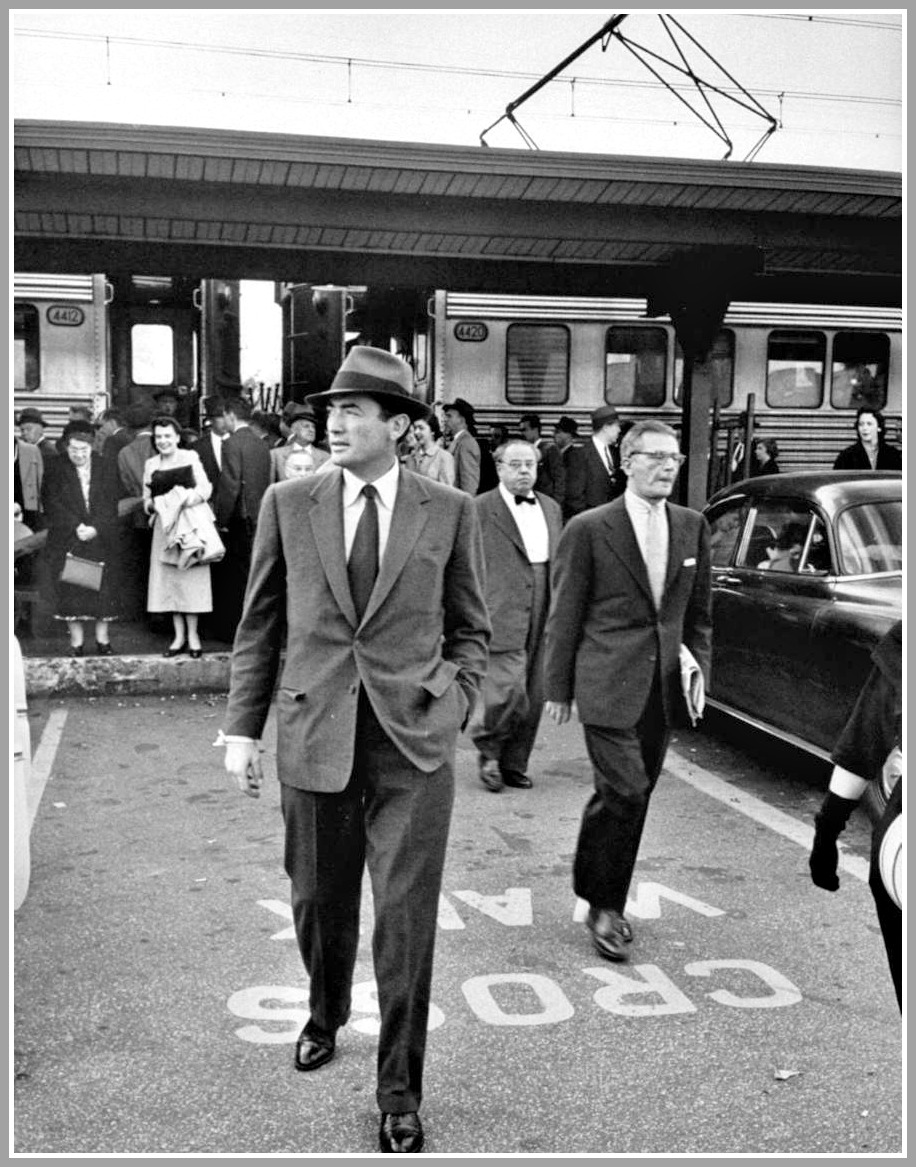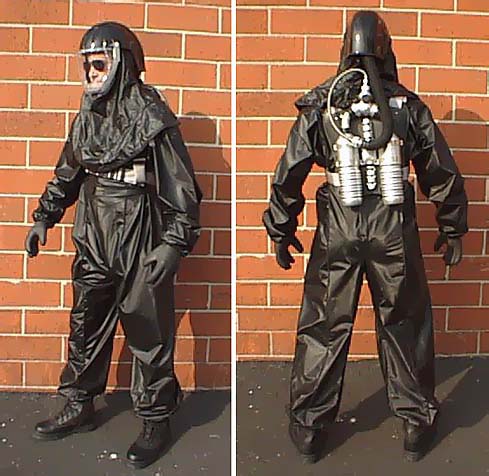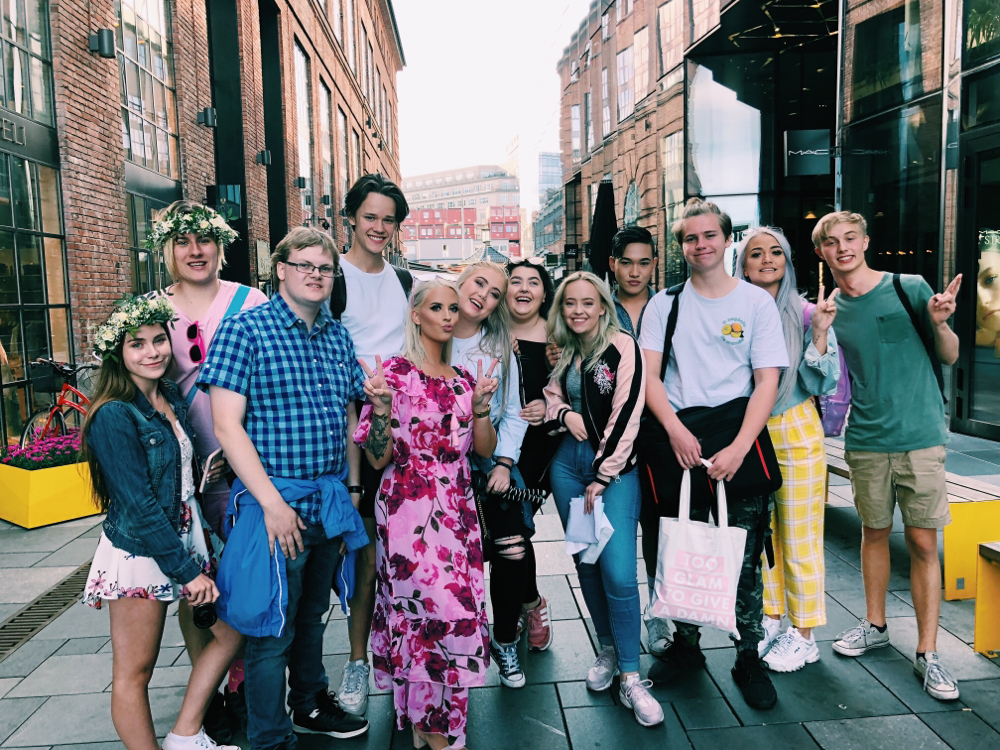Terrywoodenpic
Oldest Heretic
I'd like to see suits and ties fall by the wayside someday. We're still dressing like we did back in the 1950s.

We did manage to lose the hats eventually.
In the future, we may all be wearing something like this:

Practical, yet stylish.
The wearing of hats which was once almost universal has reduced to some baseball caps and the odd flat hat, both of which look odd with a suit.

